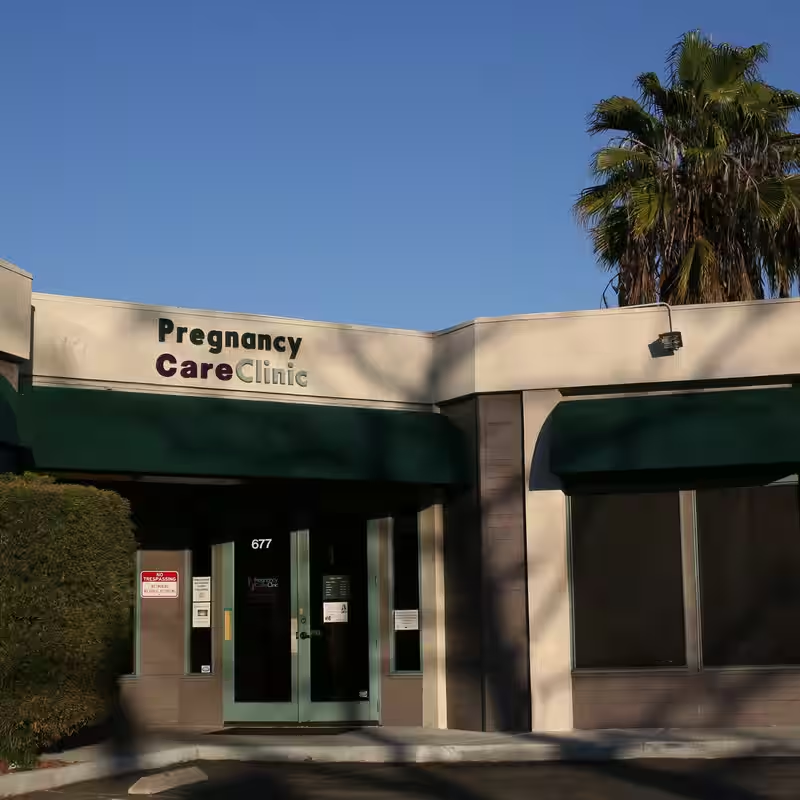Table of Contents
- The NIFLA Ruling Explained
- From Pregnancy Centers to Conversion Therapy
- Why “Speech vs. Conduct” Matters
- The Supreme Court’s Evolving View on Professional Speech
- What This Means for Colorado and Beyond
- Sources
The NIFLA Ruling Explained
In 2018, the U.S. Supreme Court issued a landmark decision in National Institute of Family and Life Advocates v. Becerra—commonly known as NIFLA—that quietly reshaped how the First Amendment applies to licensed professionals. The case centered on a California law requiring “crisis pregnancy centers” (CPCs)—facilities that discourage abortion—to post notices informing clients that state-funded abortions and contraception were available elsewhere.
The Court, in a 5-4 ruling authored by Justice Clarence Thomas, struck down the law. “Speech is not unprotected merely because it is uttered by ‘professionals,’” Thomas wrote. The decision established that even licensed professionals retain robust free speech rights, and that the government cannot compel them to deliver messages they disagree with.
From Pregnancy Centers to Conversion Therapy
Now, seven years later, NIFLA is at the heart of another high-stakes constitutional battle: Chiles v. Salazar, the Supreme Court case challenging Colorado’s ban on licensed therapists providing conversion therapy to minors.
Kaley Chiles, a Colorado therapist and evangelical Christian, argues that the state law—which prohibits any practice aimed at changing a minor’s sexual orientation or gender identity—violates her First Amendment rights by censoring her counseling speech. Her legal team, backed by the conservative Christian group Alliance Defending Freedom, cites NIFLA more than 30 times in their main brief.
“If the government can’t force a pregnancy center to say ‘abortion is available,’ it can’t stop a therapist from offering voluntary, faith-based counseling to a teen who seeks it,” Chiles’s attorneys argue.
Why “Speech vs. Conduct” Matters
The entire case hinges on a deceptively simple question: Is therapy speech or professional conduct?
If therapy is speech—as Chiles contends—then Colorado’s law must survive “strict scrutiny,” the highest constitutional standard. But if it’s conduct, even if delivered through words, the state can regulate it to protect public health, just as it bans unproven medical treatments.
Colorado’s attorneys counter that NIFLA didn’t eliminate the state’s long-standing authority to regulate harmful medical practices. “The First Amendment allows states to regulate substandard professional health care treatment,” they wrote, “regardless of whether that treatment involves words.”
Key Differences Between NIFLA and Chiles v. Salazar
| Aspect | NIFLA (2018) | Chiles v. Salazar (2025) |
|---|---|---|
| Core Issue | Compelled speech (posting notices) | Prohibited speech (banning counseling) |
| Professionals Involved | Crisis pregnancy center staff | Licensed mental health therapists |
| Public Health Claim | None asserted by CPCs | Conversion therapy linked to youth suicide risk |
| Medical Consensus | Not applicable | AMA, APA, AAP all oppose conversion therapy for minors |
The Supreme Court’s Evolving View on Professional Speech
NIFLA marked a turning point in the Court’s approach to professional regulation. Before 2018, courts often deferred to states on licensing and practice rules. But Thomas’s opinion made clear that “professional speech” isn’t a separate legal category with weaker constitutional protections.
Since then, conservative litigants have used NIFLA to challenge a range of regulations—from mandatory vaccine counseling to gender-affirming care disclosures. Justice Thomas himself hinted at this broader application in a 2023 dissent, writing that lower courts were “restricting medical professionals’ First Amendment rights” in conversion therapy cases.
What This Means for Colorado and Beyond
A ruling in Chiles’s favor would likely invalidate conversion therapy bans in more than 20 states, opening the door for licensed counselors to offer these services under the guise of “voluntary” or “talk-based” therapy—even though major medical associations warn such practices increase depression and suicide risk among LGBTQ+ youth.
Conversely, upholding Colorado’s law would affirm that democratic majorities can act on scientific consensus to protect vulnerable minors, even when the intervention is verbal.
Either way, the ghost of NIFLA looms large. What began as a dispute over abortion notices has become the legal foundation for redefining the limits of professional speech—and the future of youth protections across America may depend on how the justices interpret it now.




